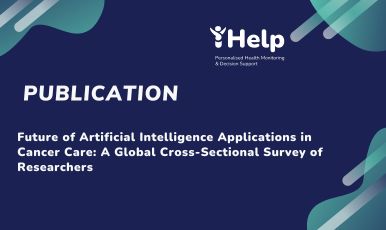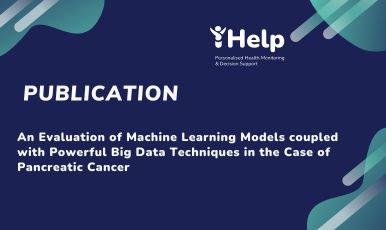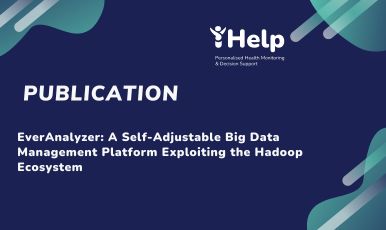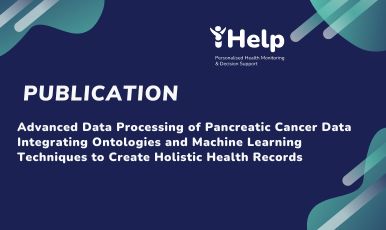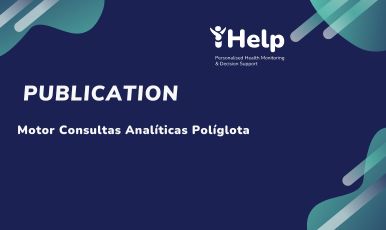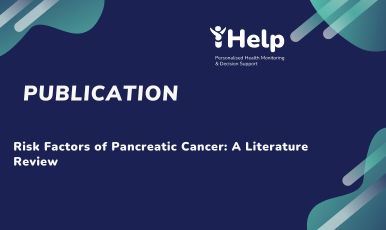SOURCE: Article in Journal – Current Oncology; MDPI, Published: 16 March 2023
Future of Artificial Intelligence Applications in Cancer Care: A Global Cross-Sectional Survey of Researchers
by Bernardo Pereira Cabral1, Luiza Amara Maciel Braga2, Shabbir Syed-Abdul3,4,* and, Fabio Batista Mota2
Abstract
Cancer significantly contributes to global mortality, with 9.3 million annual deaths. To alleviate this burden, the utilization of artificial intelligence (AI) applications has been proposed in various domains of oncology. However, the potential applications of AI and the barriers to its widespread adoption remain unclear. This study aimed to address this gap by conducting a cross-sectional, global, web-based survey of over 1000 AI and cancer researchers. The results indicated that most respondents believed AI would positively impact cancer grading and classification, follow-up services, and diagnostic accuracy. Despite these benefits, several limitations were identified, including difficulties incorporating AI into clinical practice and the lack of standardization in cancer health data. These limitations pose significant challenges, particularly regarding testing, validation, certification, and auditing AI algorithms and systems. The results of this study provide valuable insights for informed decision-making for stakeholders involved in AI and cancer research and development, including individual researchers and research funding agencies.

